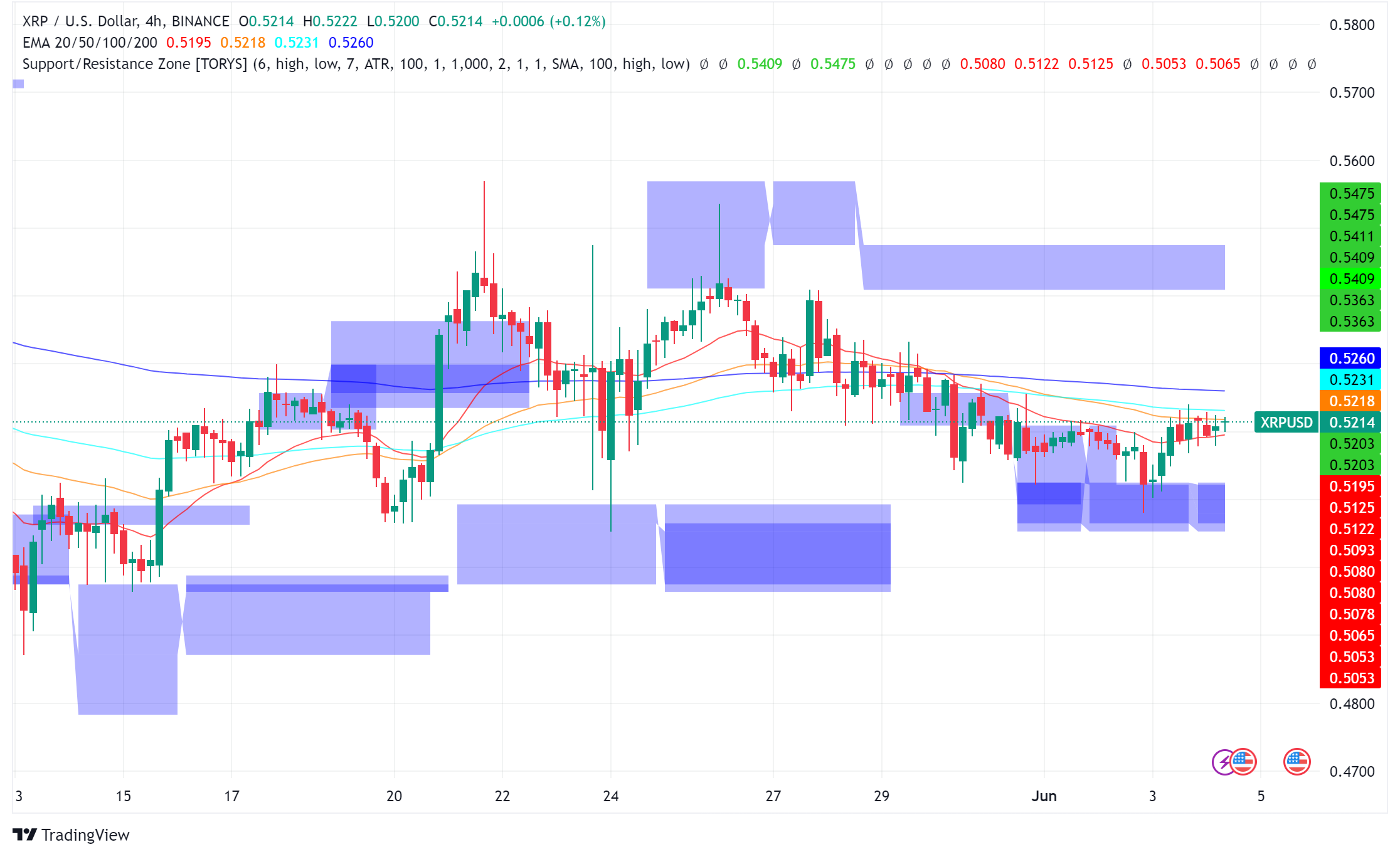Lawrence Bacow's Response To Trump's Criticism

Table of Contents
Trump's Criticism of Lawrence Bacow and Harvard
Trump's criticism of Lawrence Bacow and Harvard University wasn't a singular event but rather a series of attacks spanning several years. These criticisms were often interwoven with broader attacks on higher education institutions he perceived as liberal bastions.
Specific Instances of Trump's Criticism
Trump's criticisms frequently appeared on his preferred platform, Twitter (now X). He frequently voiced his disapproval of what he perceived as liberal bias within academia, often singling out Harvard as a prime example. Specific instances included:
- Tweets accusing Harvard of being a "liberal indoctrination center."
- Public statements questioning the value of a Harvard education given its perceived political leanings.
- Indirect criticism through the promotion of alternative educational models, implicitly suggesting Harvard's approach was flawed.
The Context Surrounding the Criticism
The context for Trump's criticisms included a broader political climate characterized by increasing polarization and distrust in established institutions. Trump's attacks on Harvard often coincided with:
-
Ongoing debates about the role of universities in shaping public opinion.
-
Discussions surrounding the cost of higher education and its accessibility.
-
Concerns about perceived political bias in academic research and curriculum.
-
Accusations of bias: Trump consistently accused Harvard of harboring anti-conservative bias, impacting faculty hiring, student admissions, and research agendas.
-
Allegations of mismanagement: While less frequent, Trump sometimes alluded to financial mismanagement and questionable spending practices within the university.
-
Attacks on Harvard's policies: Specific policies, such as affirmative action initiatives, were frequently targeted as examples of liberal excesses.
-
Related controversies: These criticisms often occurred alongside other controversies surrounding Harvard, further fueling the narrative of a liberal institution resisting conservative values.
Bacow's Response Strategies
Lawrence Bacow employed a multifaceted approach in responding to Trump's attacks. His strategy involved both direct and indirect responses.
Direct Responses
While Bacow didn't engage in direct public debates with Trump, he offered measured responses through official channels. These included:
- Statements defending Harvard's commitment to academic freedom and open inquiry.
- Emphasis on the university's role in fostering critical thinking and diverse perspectives.
- Reiterating Harvard's dedication to upholding its values even in the face of political pressure.
Indirect Responses
Harvard, under Bacow's leadership, also engaged in indirect responses:
-
Continued emphasis on promoting diverse viewpoints within the faculty and student body.
-
Reinforcement of policies protecting free speech and open debate on campus.
-
Publicly highlighting successful initiatives that countered Trump's narratives.
-
Defense of Harvard's policies: Bacow consistently defended Harvard's commitment to its mission, framing its policies as essential for academic excellence.
-
Rebuttal of specific accusations: While avoiding direct confrontation with Trump, Bacow's statements implicitly addressed specific criticisms, emphasizing evidence and data to counter inaccurate claims.
-
Focus on institutional values: Bacow repeatedly emphasized Harvard's core values, such as free inquiry, academic freedom, and intellectual diversity.
-
Emphasis on academic freedom: This was a central theme in Bacow's responses, underscoring Harvard's commitment to allowing open discourse, even on controversial topics.
Public Perception and Media Coverage
The public perception of the conflict and its media portrayal was complex and often partisan.
Analysis of Media Portrayal
News outlets presented varying perspectives on the conflict. Conservative media outlets often echoed Trump's criticisms, while liberal outlets largely defended Bacow and Harvard's positions.
Public Reaction and Sentiment
Social media discussions reflected the existing political divides. Supporters of Trump largely agreed with his criticisms, while those who opposed him frequently defended Bacow and Harvard's right to academic autonomy.
- News outlets' coverage: The conflict received extensive coverage across the media spectrum, reflecting the inherent political and ideological dimensions of the dispute.
- Social media reactions and discussions: Social media platforms became battlegrounds for competing narratives, with polarized discussions mirroring the broader political landscape.
- Public opinion polls: While comprehensive polls on this specific conflict might be limited, public opinion surveys on higher education funding and political bias in universities offer relevant context.
- Expert opinions: Political scientists, education experts, and legal scholars offered varied interpretations of the conflict, analyzing the implications for higher education and political discourse.
Long-Term Implications of the Dispute
The Bacow-Trump conflict has long-term implications that extend beyond Harvard.
Effects on Harvard's Reputation
While the conflict may have impacted Harvard's image among some segments of the population, it also reinforced the university's position as a defender of academic freedom.
Impact on Higher Education Policies
The conflict contributed to the ongoing national dialogue regarding the relationship between higher education and politics, influencing discussions about funding, political neutrality, and the role of universities in society.
Wider Implications for Political Discourse
The clash highlighted the increasing polarization within American society and the challenges of maintaining open dialogue in a highly partisan environment.
- Changes in funding for higher education: The conflict could indirectly influence government funding policies for higher education, depending on the political climate.
- Shifts in political attitudes towards universities: The conflict may have strengthened existing political attitudes towards universities, further entrenching ideological divisions.
- Impact on the relationship between academia and politics: The conflict underscored the complex relationship between academia and politics, highlighting the potential for tension and conflict.
Conclusion: Understanding the Significance of Lawrence Bacow's Response to Trump's Criticism
Lawrence Bacow's response to Donald Trump's criticism represents a significant case study in navigating political pressure within higher education. His measured approach, emphasizing academic freedom and institutional values, offered a framework for universities facing similar challenges. The long-term implications of this conflict are still unfolding, impacting funding, public perception, and the broader relationship between academia and politics. To delve deeper into this complex issue, explore further research on the relationship between higher education and politics. Understanding Lawrence Bacow's response to Trump's criticism is crucial to navigating the ongoing challenges facing universities today.

Featured Posts
-
 April 2025 Lotto 6aus49 Alle Gewinnzahlen Im Ueberblick
May 07, 2025
April 2025 Lotto 6aus49 Alle Gewinnzahlen Im Ueberblick
May 07, 2025 -
 Nonprofit Control Ensured For Open Ai Implications And Analysis
May 07, 2025
Nonprofit Control Ensured For Open Ai Implications And Analysis
May 07, 2025 -
 Kara 100
May 07, 2025
Kara 100
May 07, 2025 -
 Xrp Stagnant Derivatives Market Hinders Price Recovery
May 07, 2025
Xrp Stagnant Derivatives Market Hinders Price Recovery
May 07, 2025 -
 Savage X Fenty Rihannas Must Have Wedding Night Lingerie
May 07, 2025
Savage X Fenty Rihannas Must Have Wedding Night Lingerie
May 07, 2025
